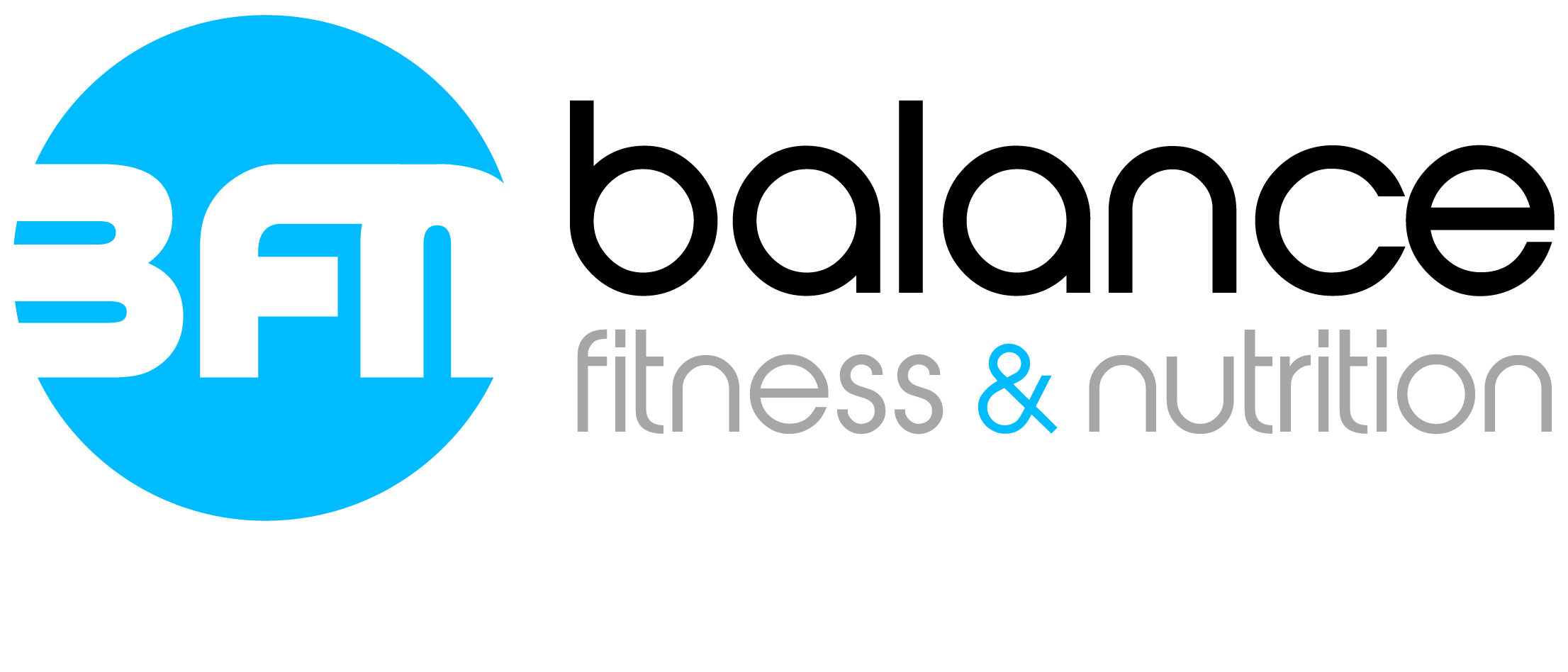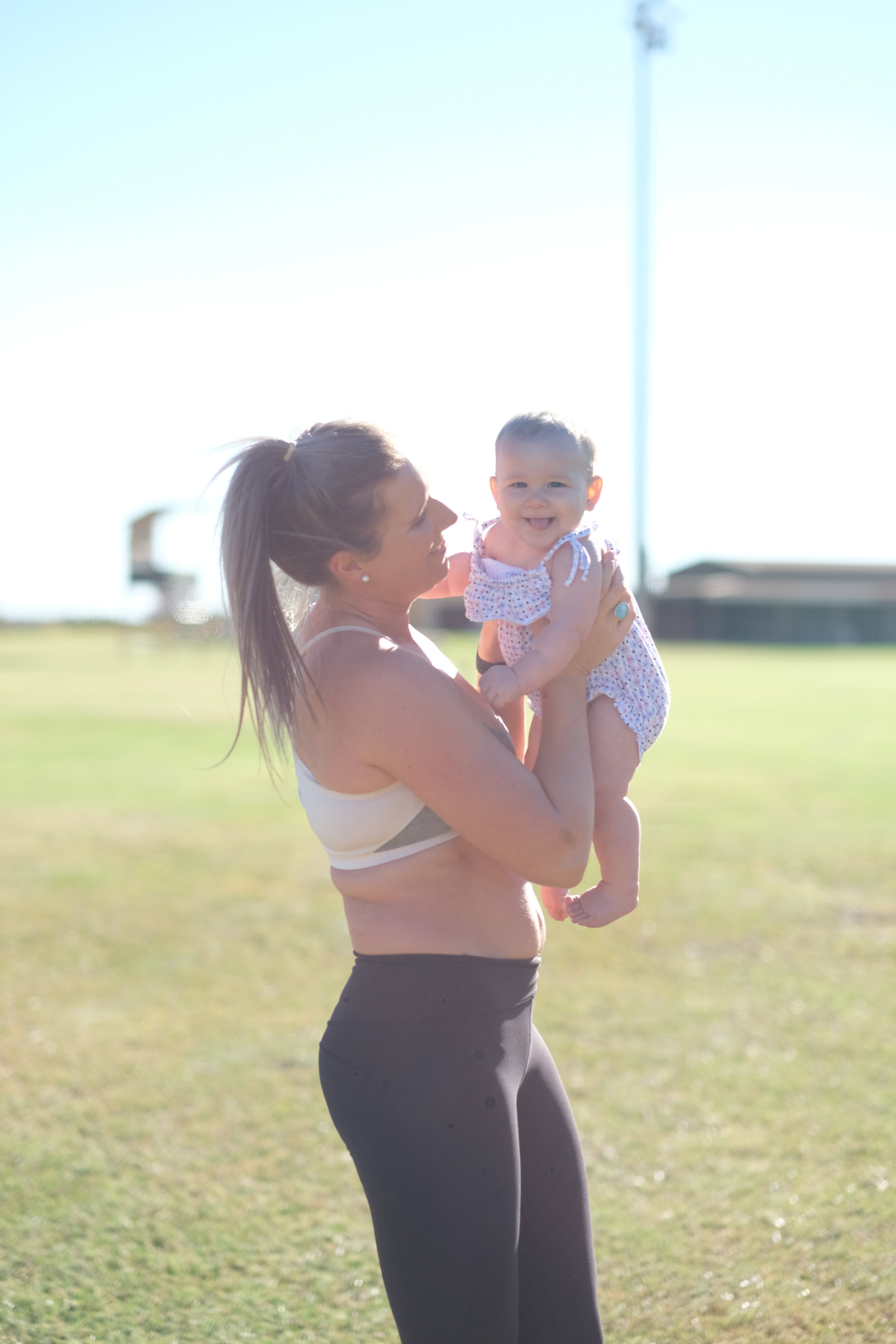DIET, CALORIE RESTRICTION, WEIGHT LOSS & MILK SUPPLY
Public service announcement: Breast feeding a baby & the words diet, calorie deficit or weight loss do not go well in the same sentence. They also don’t do great things for lactation & your milk supply if you are wanting to breastfeed your babe.
*This blog aims to provide an overview of how energy intake can effect milk supply, not an argument over BFing and formula.
I get it, there is often that ‘pressure’ be it real or perceived for women to get their ‘pre baby body’ back or slim down as soon as that baby is out, so surely cutting ‘calories’ is the best way to do that? WRONG. Now is not the time to be dieting.
Embarking on a calorie deficit or restrictive post baby diet WILL negatively impact your milk supply. It is simple…Breast feeding = increased energy requirements.
THE JUICY STUFF BEHIND BREASTFEEDING
The energy from breast milk is mainly provided from the fats and carbs in your diet, however the amount of protein (mainly casein and whey) in breast milk is not heavily influenced by the mothers diet.
The major long chain poly-unsaturated fatty acids in human milk are; docosahexaenoic acid (DHA) and arachidonic acid (AA). These are recognised as a nutrient fundamental to the development of our babe’s central nervous system, brain and vision.
FUN FACT!
The AMOUNT of fat in your diet will not affect the amount of fat in your breast milk, however you can vary the TYPE of fat found in your breast milk. It is possible to increase or decrease the polyunsaturated fat content in your boobie milk by altering your diet. If you are maintaining your energy intake and body weight, the fatty acid content of your diet will be reflected in your breast milk. However if you are losing weight or restricting kilojoules, your fatty-acid pattern of milk can decrease.
There is no evidence that your maternal energy stores (what we’ll refer to as BMI) have a detectable relationship with the volume of milk produced so those carrying a little more body fat won’t necessarily produce a greater volume of milk and vice versa, however STRESS, ALCOHOL and SMOKING can reduce the volume of milk produced – so be sure to avoid/limit these where possible while you are breast feeding.
BREAST FEEDING – ONE BIG ENERGY BURNER
Breastfeeding can make you a calorie-burning machine; your hormones are in overdrive making sure your body is producing as much as it needs to keep your little one satisfied. Some women will drop pregnancy weight gain relatively quickly whilst breast-feeding due to this increase in energy expenditure however many Mums will retain this until the actually stop breastfeeding - we are all SO different!
It is hard to define set energy requirements for women that are breast feeding as there are so many individual factors;
How often are you feeding your baby
Volume of milk you’re producing
Your activity levels
Any pre-existing medical conditions
Height, age and diet.
So generally speaking whilst breast feeding there is an increased need of approximately 500 – 700 calories per day!
The increased energy requirements are also dependent on the volume of milk you are producing, which again can vary greatly from one Mum to the next, which is why it so it is important to recognize that everyone will have differing energy requirements and the need to fuel your body appropriately.
Because the fatty acid content of your breast milk can be influenced by your diet and the fact that breastfeeding is already causing a potential energy deficit, the post-partum time is NOT the time to be focusing on weight loss )unless advised by your doctor). It is a time for you to put both you and your little one first.
You are already burning calories through breastfeeding - avoid intentionally restricting or even tracking calories in (at least!) the first few months of your babes life!
You need to be fuelling your body with a variety of whole, nutritious foods, resting and incorporating gentle movement if you have been given the all clear to do so all to assist in setting you up for breastfeeding success and a good recovery. Make sure to be kind to yourself, starting with kind thoughts within your mind.
ARE THERE ANY INCREASES IN RDI’s WHILST BREASTFEEDING?
Just as there are during pregnancy, breastfeeding is also a taxing time on the body and there are some increases to the daily intakes of some vitamins and minerals, some of these are;
B vitamins: Thiamin, B6, Niacin and Riboflavin, B12 & folate (folic acid). You can continue to take a pregnancy multivitamin of breast feeding supplement to assist in meeting these slightly increased RDI’s, but also be sure to try your best to get these through your diet. Try incorporating asparagus, broccoli, brussel sprouts, chick peas, dried beans, lentils, spinach & animal products (such as fish, poultry, meat, eggs, or dairy). You can also try fortified breakfast cereals and enriched soy or rice milk.
Vitamin A and C RDI’s are also slightly elevated as this is secreted in breast milk and passed to your new bub. If you are eating a varied, healthy diet then there should be no reason that you have difficulty meeting these requirements.
MY TOP TIPS
Whether you are breastfeeding or formula feeding, I’d advise against tracking calories, macros and intentionally being in a calorie deficit during your early post natal months.
Overall breastfeeding can utilize approximately 500 calories per day in lactating women. Whilst breastfeeding it is important to make sure you are consuming adequate calories from beneficial food sources to help boost or maintain your milk supply (see my POST NATAL eBook).
Eating well, prioritising sleep, movement and adjusting to life as a Mum should be your focus over weight loss or getting back to your pre-baby weight. Your body has undergone drastic changes over the past 10 months and the hard work is far from over. You now need to help grow a healthy infant so fuelling your body right will be your priority - remove any pressure and pre-conceived ideas of rushing back to pre-baby exercise or starting a diet - now is NOT the time to be ‘dieting’.
Instead:
Focus on trying to eat REGULARLY
Aim to make these meals from whole, nutritious foods that will promote both RECOVERY and lactation
Keep well hydrated
Prioritise sleep/rest
Be kind to yourself
Safe movement with the motive to maintain your mental health & sanity over weight loss.
Look at food as fuel for you and bub and do your best to make sure you incorporate some of the foods that can help with post-partum recovery and milk supply - put those visitors to good use and get them prepping some healthy, nourishing meals!
If you want to know more about foods to eat post baby to promote recovery, lactation, returning to exercise and suitable training sessions check out my Post Natal eBook here!
As always, any questions about this journey just reach out!
Brooke x



